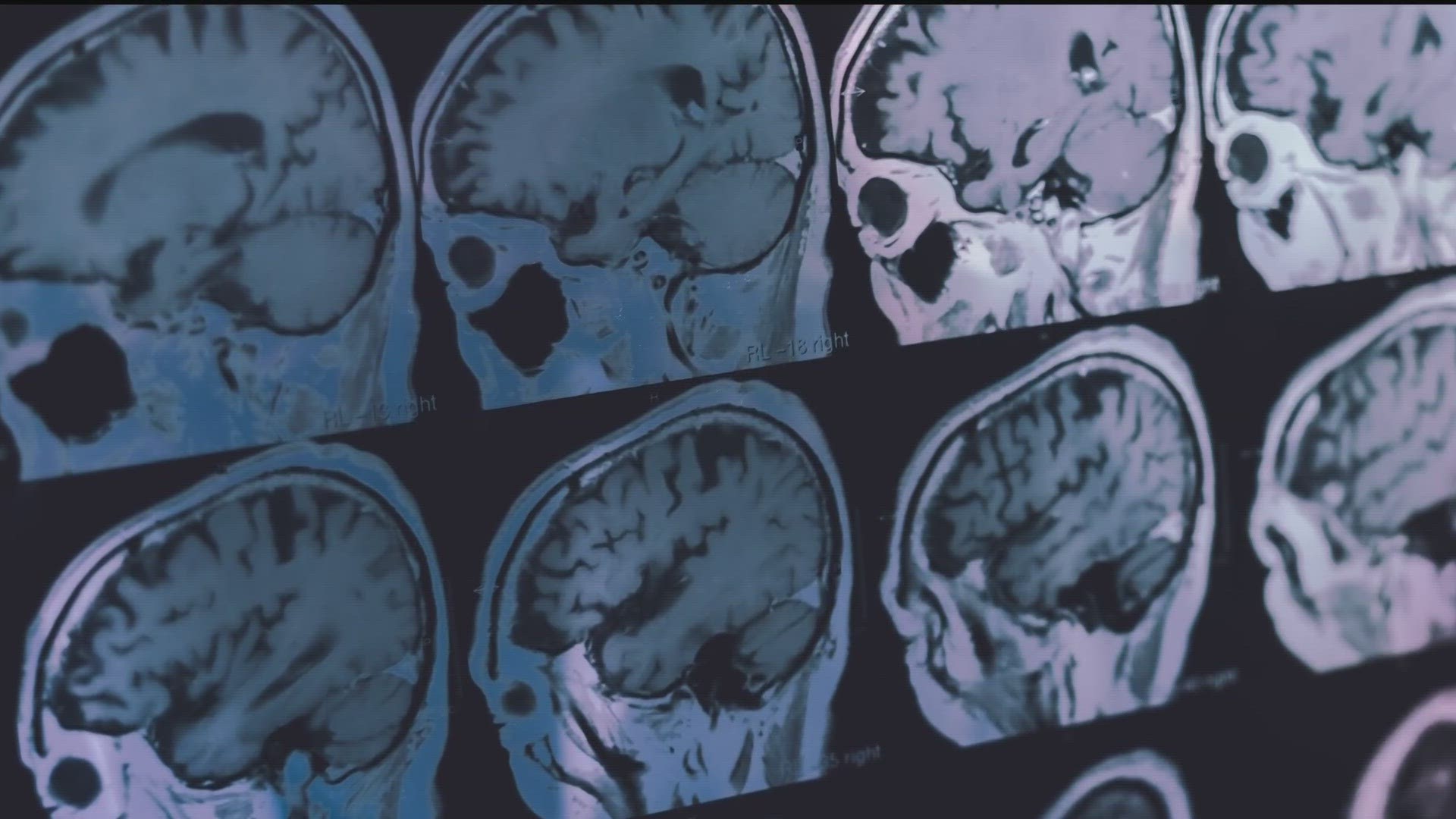ATLANTA — Out of the 7 million seniors living with Alzheimer’s dementia nationwide, a new report reveals 188,300 of them live in Georgia. That’s about 12% of Georgia’s population.
Brain health experts predict the number will double by 2060, painting an unsustainable picture of how the state and nation care for people living with the disease.
The Alzheimer’s Association published its annual Facts & Figures report on March 20, 2024, and it shows a growing crisis. Every metric—the number of people living with the disease, the shortage of people to care for them, and the cost to the healthcare system—got worse.
“We were expecting to see increases, but it really drives how important it is that we find those interventions that are going to stop the trajectory,” Jill Disney, Senior Director for Programs and Services for the Alzheimer’s Association Georgia Chapter, said.
The report shows the disease is getting deadlier, too.
As of 2021, the most recent data, Alzheimer’s Disease is the 5th leading cause of death among individuals 65 and older, with deaths increasing 141% since the year 2000.
Link | Full Report Read
“With the increases we see in the report this year and the increases we expect to see in years to come, we can’t address this quickly enough,” Disney said.
There’s already a shortage of care workers, but as the population ages, the gap continues to grow.
In the next few years, Georgia will need more than one million additional workers to help care for the increasing number of people living with some form of dementia. According to the report, that’s more new workers than any other single occupation in the United States.
Cognitive decline can happen over many years, sometimes decades, which is one of the reasons Alzheimer’s Disease is so costly to families and the healthcare system.
Many times, family members must provide the necessary care.
In Georgia, caregivers provide 755 million hours of unpaid care, a value of more than $11.4 trillion. There is a sharply increasing number of people in “the sandwich generation:” those who are actively caring for aging parents and young children simultaneously.
It’s a daunting task to tackle all the challenges related to Alzheimer’s and other dementias, Disney admits, but she hasn’t lost hope.
“There has been so much unknown for so long that there’s news coming out every week about a new discovery. And that’s very hopeful,” she said.

